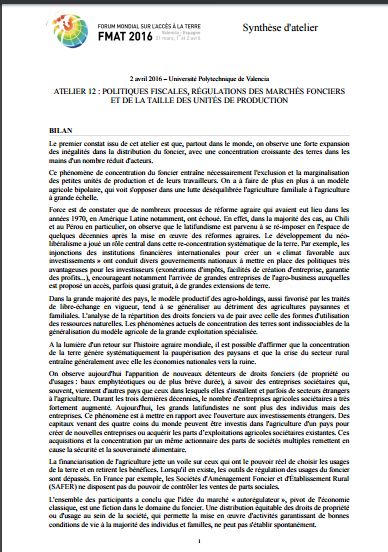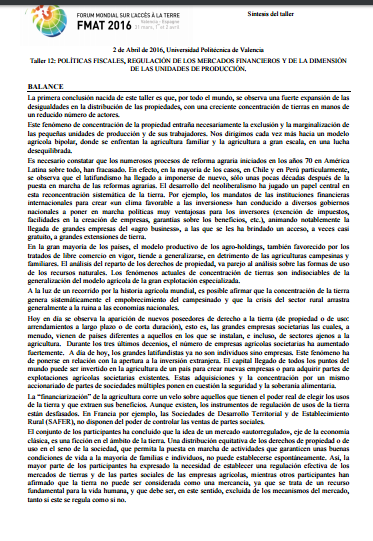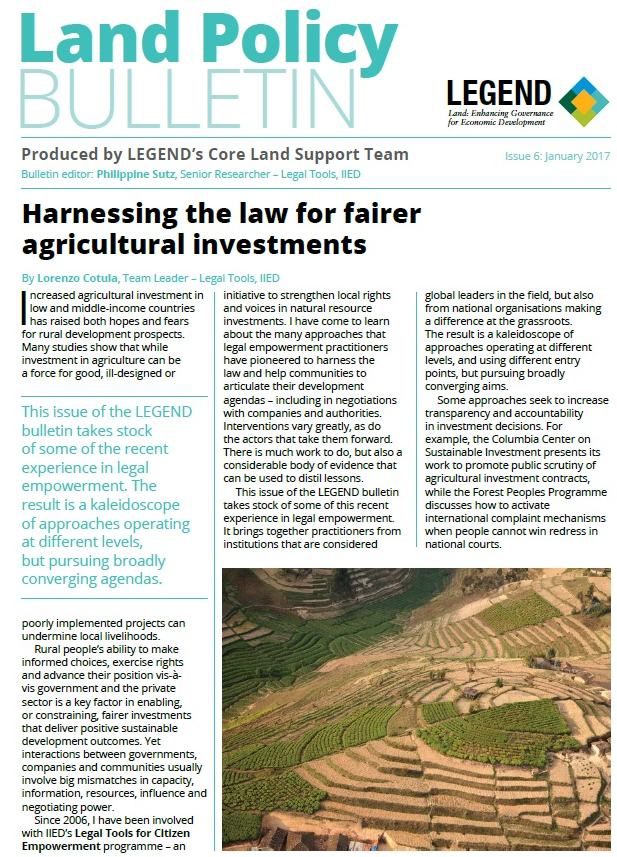USAID Country Profile: Property Rights and Resource Governance - Lao PDR
OVERVIEW: The Lao People’s Democratic Republic (Lao PDR) is a landlocked country situated in Southeast Asia, bordering Thailand, Cambodia, Vietnam, China and Myanmar. Despite a recent increase in the rate of urbanization and a relatively small amount of arable land per capita, most people in Lao PDR live in rural areas and work in an agriculture sector dominated by subsistence farming. Lao PDR’s economy relies heavily on its natural resources, with over half the country’s wealth produced by agricultural land, forests, water and hydropower and mineral resources.




